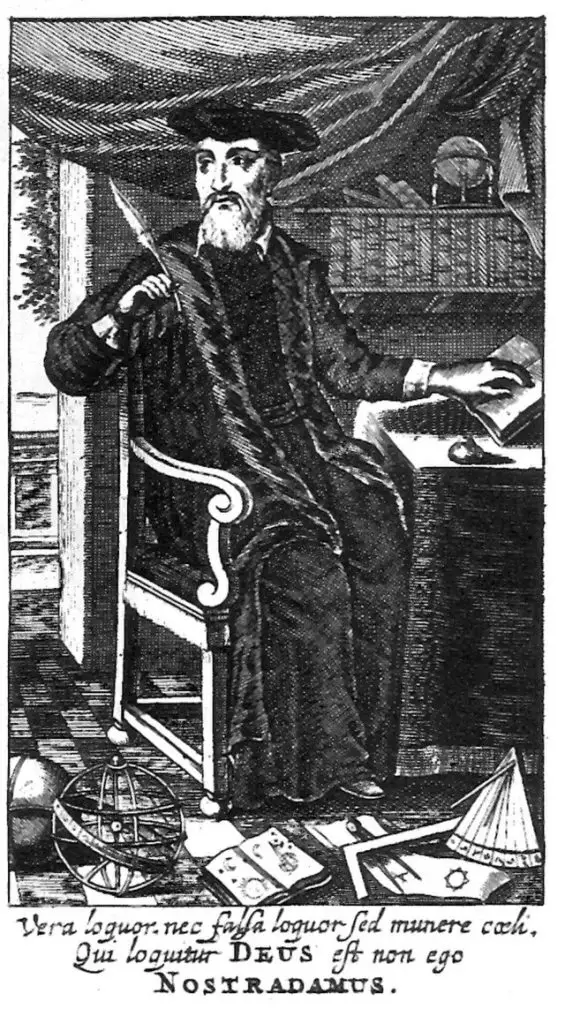Nostradamus: Prophet or Lucky Poet?
Picture this: a man in a candle-lit study, quill in hand, scribbling cryptic verses that would later have millions convinced he predicted the rise of Hitler, the 9/11 attacks, and maybe even the end of the world. Sounds like the plot of a Dan Brown novel, right? But nope. That was Michel de Nostredame, better known as Nostradamus.
The Man Behind the Mystery
Born in 1503 in France, Nostradamus was a physician by trade and an astrologer by hobby (or maybe obsession). After surviving the plague and losing much of his family to it, he took a turn toward the mysterious. In 1555, he published Les Prophéties, a collection of quatrains, four-line poems, written in a strange cocktail of French, Latin, Greek, and code. That was his big claim to fame.
But here’s the thing: the verses are vague. Like, really vague. He didn’t say, “On September 11, 2001, terrorists will crash planes into towers.” Instead, he wrote things like, “Earth-shaking fire from the center of the Earth will cause tremors around the New City.” Hmm. Is that New York? Or maybe Naples? Or just an actual earthquake?
Rorschach Test in Rhyme
Nostradamus’s quatrains are kind of like horoscopes: you see what you want to see. If something big happens, people dig into his verses to find something that kind of fits. And surprise! They usually do. Because the language is metaphorical and open-ended. It’s not prophecy. It’s poetry wearing a fortune-teller’s hat.
For example, many say he predicted Hitler by referring to “Hister.” Sounds close, right? But “Hister” was actually the Latin name for the Danube River. Context matters.
So Why Do We Want to Believe Him?
Short answer? Humans hate uncertainty. We want to believe someone saw it coming. It gives chaos a pattern, and that comforts us. Nostradamus offers just enough intrigue to make it feel like destiny was always written, hiding in plain sight.
Plus, let’s be honest, his stuff is fun to read when the world feels like it’s falling apart. During pandemics, wars, elections, you name it, Nostradamus trends. Like clockwork.
The Business of Prophecy
It doesn’t hurt that media loves a good doomsday headline. Every few years, you’ll see something like, “Nostradamus Predicts End of the World in 2023!” Spoiler: we’re still here. But those clicks pay, and Nostradamus keeps delivering the mystery.
Books about him have sold millions. TV specials repackage the same predictions with dramatic music and grainy footage. It’s like history fan fiction.
What Should We Make of It?
Was Nostradamus psychic? Probably not. But he was clever. He understood people, language, and fear. He wrapped it all in verse that could last centuries. In that way, he really did see the future. He saw how obsessed we’d become with knowing what comes next.
So maybe that’s his real prediction: that we’d never stop looking for answers in riddles.
Sources:
1. Britannica – Nostradamus
2. History.com – Nostradamus

